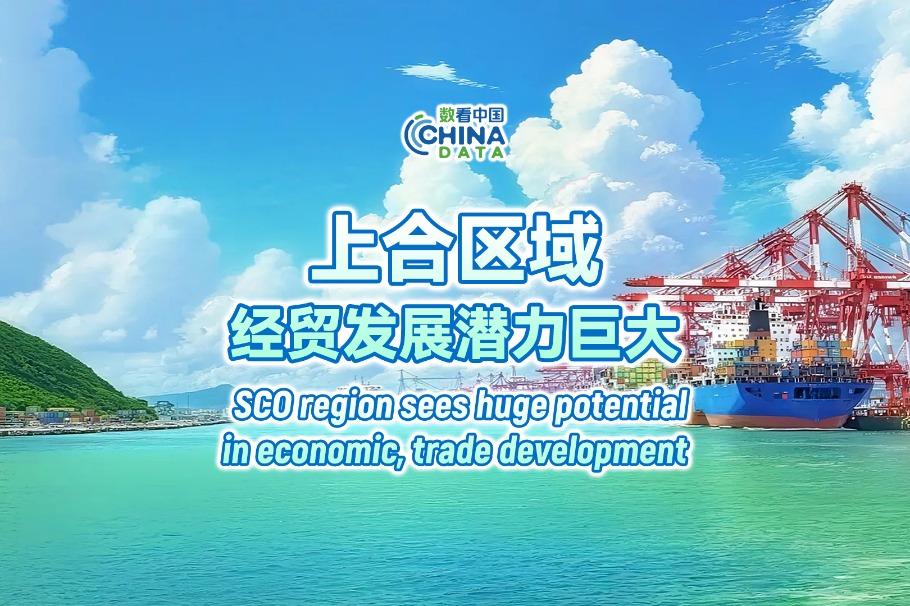Expansion of US steel tariffs brings challenges, chance

The United States' latest move to add tariffs on a range of imported household appliances starting later this month will prompt Chinese home appliance manufacturers and exporters to realign supply chain networks and diversify business layouts in emerging markets to navigate tariff challenges, experts said on Friday.
They noted that Washington's recent expanded tariffs on dishwashers, washing machines, refrigerators and other household appliances made with steel parts will undoubtedly increase the costs for US consumers purchasing such products and harm their interests, ultimately pushing up inflation and curbing the growth of the US economy.
Their comments came after the US Department of Commerce said in a notice on Thursday that levies would take effect on an additional range of "steel derivative products" on June 23 and will be set at 50 percent, the current level for all other steel and aluminum imports.
Zhu Keli, founding director of the China Institute of New Economy, said the expansion of steel tariffs will bring about challenges to Chinese household appliance makers in the short term, as some enterprises with high reliance on the US market may witness a decline in export orders.
"However, in the long run, the move will motivate them to adjust operational strategies globally and bolster technological innovation, while optimizing industrial and supply chain layouts and exploring emerging markets to reduce dependence on any single market," he said.
In order to hedge the impact of tariff hikes and protectionist trade policies, Zhu said Chinese enterprises should accelerate steps to expand their presence in more diverse markets, especially in the countries and regions involved in the Belt and Road Initiative, and strengthen localized research and development, production and operations to launch high-end and intelligent home appliances tailored to local demands.
"The new tariffs are targeted at household appliances made with steel parts. Chinese home appliance manufacturers can seek alternative material solutions through strengthening the R&D and application of composite materials," he added.
Pushing up prices
Zhou Mi, a researcher at the Chinese Academy of International Trade and Economic Cooperation, said the additional tariffs on several household appliances made from steel will surely push up the prices of consumer goods for US shoppers and affect their willingness to purchase, as some of them may even reduce the frequency of consumption.
He added that the new tariff measures will push Chinese home appliance manufacturers to elevate the added value and technological level of products by leveraging cutting-edge digital technologies, such as artificial intelligence, to boost their core competitiveness.
To address the challenges arising from tariff increases and other unilateral actions taken by some developed economies, Feilong Home Electrical Group Co, a refrigerator and washing machine manufacturer based in Ningbo, Zhejiang province, will deploy more resources in emerging markets this year, especially in African and Southeast Asian markets.
The company's export value to African markets jumped 50 percent year-on-year to more than 90 million yuan ($12.53 million) in the first five months, according to data from Ningbo Customs.
The African market is characterized by diverse demand, requiring products that cater to high-income families seeking smart technologies as well as ordinary households focused on durable products, said Wang Ping, head of Feilong Home Electrical Group's foreign trade unit.
"In terms of product innovation, we have developed an African-style, fully automatic washing machine equipped with a wide voltage design and an anti-mold, antibacterial inner tank," said Wang.
Wu Chun, managing partner of Boston Consulting Group Greater China, said that Chinese enterprises have accumulated years of advantages in production and supply chains and innovation capabilities, as well as world-leading expertise in digital technology and its applications. She added that these core advantages can enable them to seize emerging opportunities in the evolving international landscape.




































